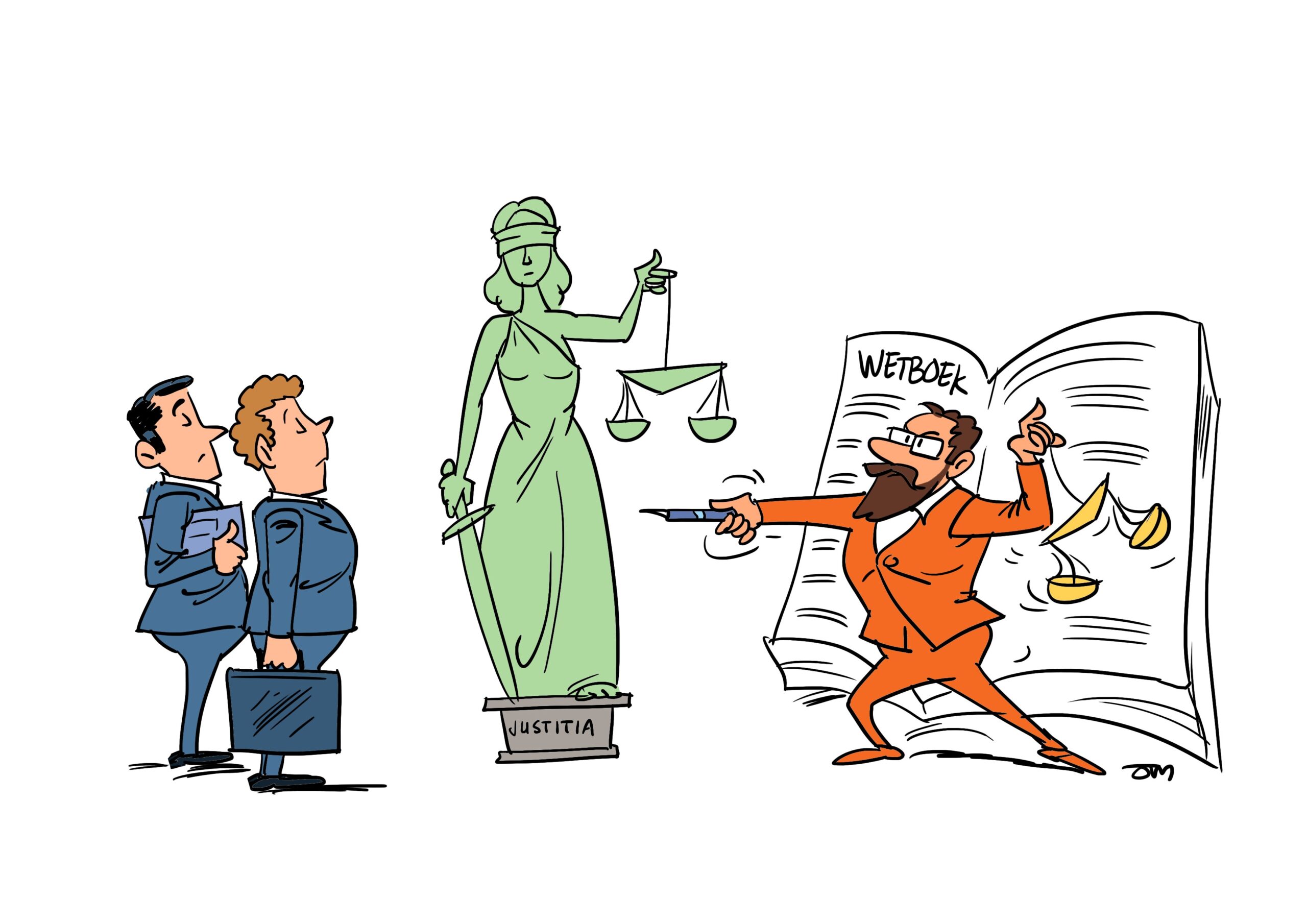The Dutch Government has decided that as of December 31st next it is no longer possible to use a tax equalization method to limit the taxation on your severance payment. How did it work and is there some sort of compensation for existing solutions?
A severance package received basically results in 52% income tax due over the amount received. The employees that get such a package have most of the time a basic salary already exceeding the 52% tax bracket, hence my remark with respect to the highest tax rate being applicable. Not only the highest tax rate is most likely applicable, also the 30% ruling does not apply to the severance payment.
What solutions did exist? One of the solutions is to have the severance payment paid into a bank or insurance company and the bank or insurance company pays you over a number of years the total amount as a salary. By spreading the amount, per year the total amount is under the 52% tax bracket, hence you pay less tax than initially would have been due. But is that true? If the concerning employee found another job, he would have earned a similar salary, hence any payment on top is still taxed at 52% tax.
Another solution is to create a BV company, have the severance payment made into that company. Then the company has the obligation to pay this amount either over the coming couple of years or while being 67 years old as a pension. In the meanwhile you could use the funds for repaying your mortgage to the bank. Than you change your mortgage from a bank to your own BV company. Or you can use the money to develop your company, but the obligation to pay the severance payment as a salary or pension remains.
Now the Government has stated that the severance payment is to be paid and taxed at the moment that the contract ends. The severance payment can no longer be paid without being taxed into any scheme to spread the tax burden.
In order to get the existing schemes to be closed as well quickly, the tax office has stated to provide a 20% discount. So over 80% income tax us due, over 20% is not income tax due.





